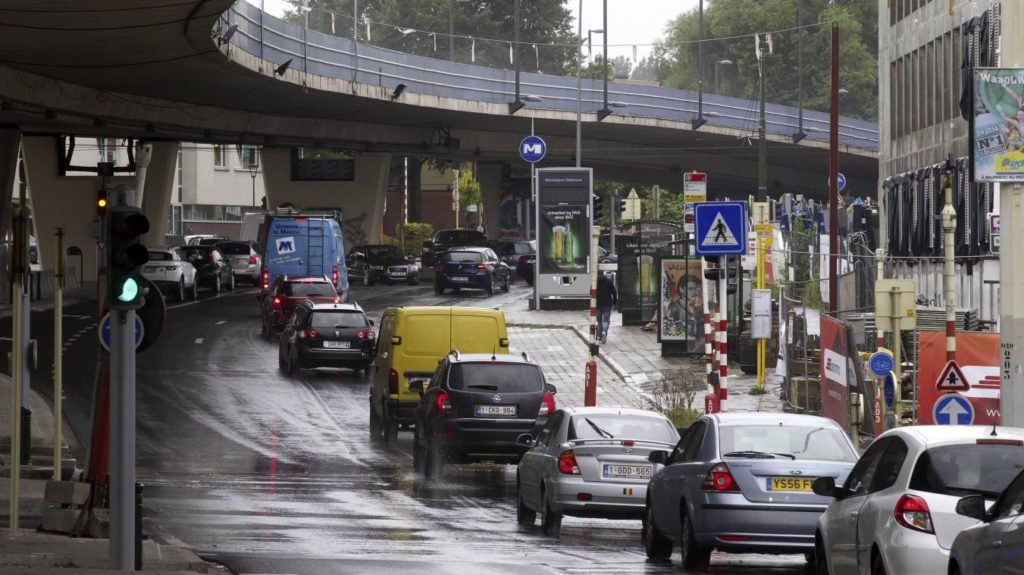Carbon dioxide emissions from newly sold cars rose last year for the second year running in Belgium, dragging the CO2 emissions of the automotive sector in the country back to 2014 levels.
In 2019, new cars belched out, on average, 121.2 grams of CO2 per kilometre into the air, up from averages of 119.2 grams in 2018 and of 115.8 grams the year prior, BX1 reports.
One of the main reasons behind the emissions hike is the roll-out in 2017 of a new emissions-measuring standard, meant to improve measuring by better matching laboratory emissions estimates with real driving emissions.
Under the new WLTP protocol, developed by a United Nations economic commission, the registered CO2 emissions from new cars have risen on average by 5 to 10 grams, De Tijd reports.
Additionally, changes in the preferences of drivers in Belgium can also explain the hike, with the Dutch-speaking outlet reporting that a "massive" swap from diesel to petrol-powered cars also played a main role in driving emissions forward.
While petrol cars emit less nitrogen oxide, a harmful air pollutant, some estimates say their CO2 emissions rate is higher than that of diesel-powered vehicles, which are also more expensive to make.
While De Tijd reports that, in 2016, more than half of newly acquired vehicles ran on diesel, last year that number dropped to around 31%.
Additionally, the hike in emissions coming from Belgian roads can also be explained by the rising popularity of SUVs among drivers, with SUVs making up 39% of new cars acquired in Belgium last year.
New regulations coming into force in 2020 will include electric and hybrid cars in CO2 emissions measurements, a change which representatives in the clean transport sector say could push automakers to work harder to attain emissions targets.
"Since 1 January, car builders have to meet the European CO2 targets," Julia Poliscanova of umbrella transport association Transport & Environnement told De Tijd, "Until now, they had no incentive to sell electric cars, so they continued to advertise polluting SUVs, which generate more profit."
Gabriela Galindo
The Brussels Times

